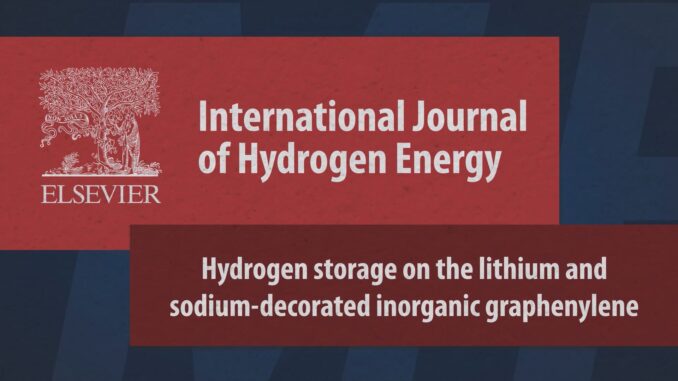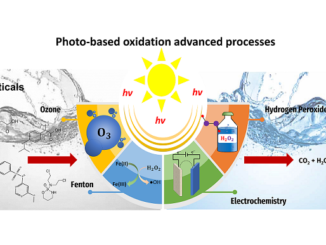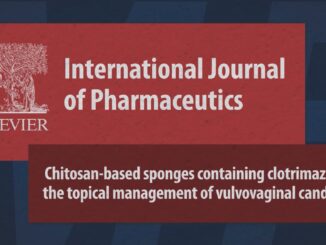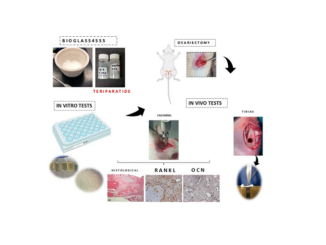
Hydrogen storage on the lithium and sodium-decorated inorganic graphenylene
Abstract: Efficient H2 storage is one of the keys to the energy transition toward global sustainability. Hydrogen energy sources on functionalized 2D materials by metals have been shown as promising alternatives for clean energy systems. In a particular way, we have demonstrated here that the inorganic graphenylene-like silicon carbide (IGP-SiC) weakly adsorbs H2. At the same time, the Li/Na decoration significantly enhances the H2 interaction, accommodating up to 48H2 molecules by a stronger physisorption. Also, scanning bond critical points (BCPs) confirms a great interaction between the Li(Na)@IGP-SiC systems and the hydrogen, a distinct scenario for the pristine IGP-SiC. Gravimetrically, hydrogen densities reach 8.27 wt% (Li) and 6.78 wt% (Na), exceeding the U.S. Department of Energy (5.6 wt%) benchmark. Regarding thermodynamic stability, the desorption temperatures at ambient conditions are suitable for hydrogen storage devices. Therefore, Li(Na)@IGP-SiC systems emerge as high-capacity hydrogen storage materials.
Author(s): Nicolas F. Martins, Ary S. Maia, José A.S. Laranjeira, Guilherme S.L. Fabris, Anderson R. Albuquerque, Julio R. Sambrano
International Journal of Hydrogen Energy
Available online 10 November 2023
DOI: https://doi.org/10.1016/j.ijhydene.2023.10.328
CDMF
The CDMF, hosted at the Federal University of São Carlos (UFSCar), is one of the Research, Innovation and Dissemination Centers (RIDC) supported by the São Paulo State Research Support Foundation (Fapesp), and also receives investment from the National Council Scientific and Technological Development (CNPq), from the National Institute of Science and Technology of Materials in Nanotechnology (INCTMN).




